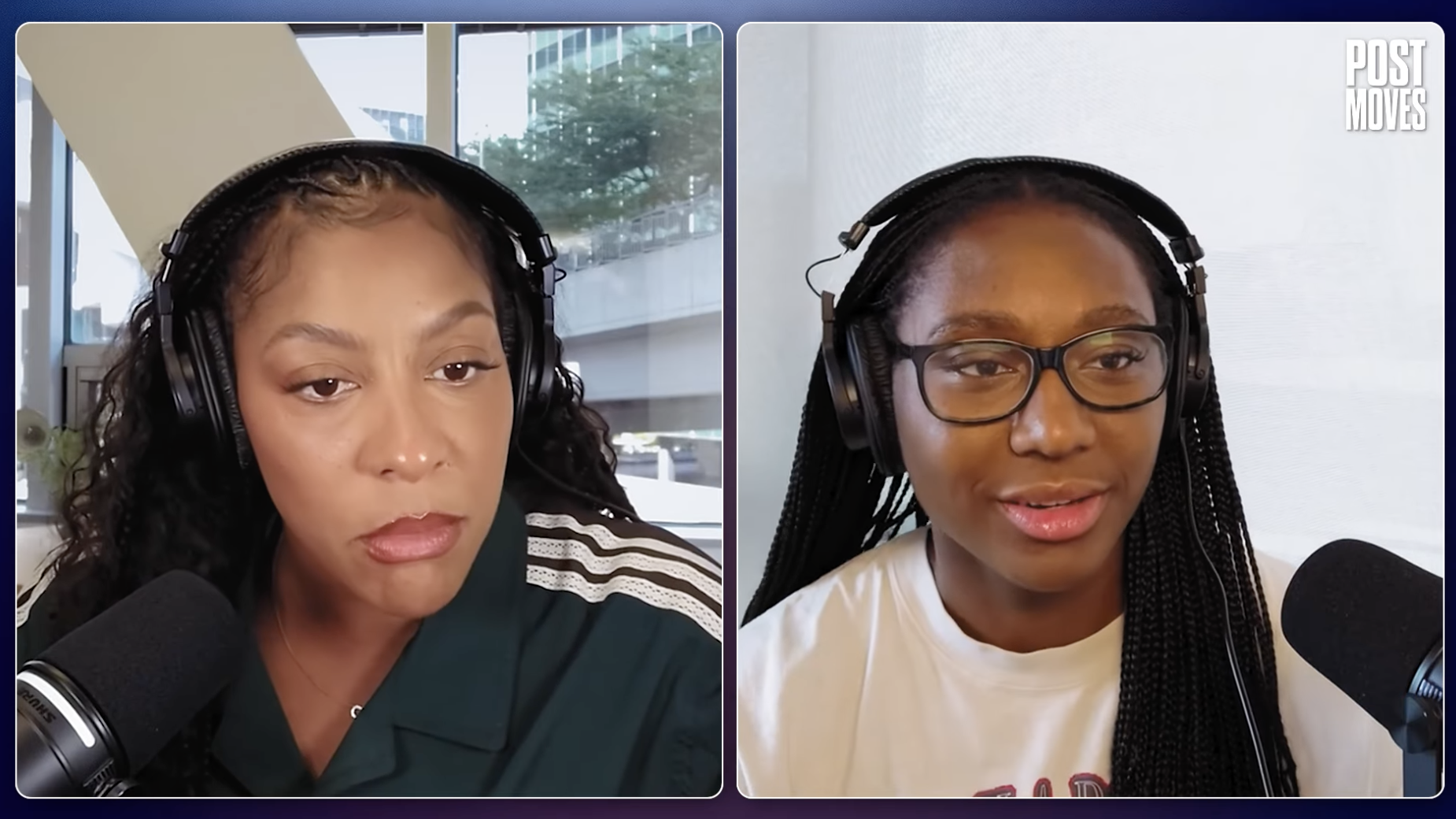The recent WNBA All-Star Game ignited a fervent debate within the professional sports landscape, primarily fueled by basketball legend Candace Parker’s blunt critique of the event. Parker, a celebrated voice in women’s basketball, expressed profound disappointment, stating she “can’t watch this” due to what she perceived as a lack of competitive intensity, especially in light of the WNBA players’ significant athlete activism efforts.
Parker’s immediate reaction, shared during the debut of her new podcast with Indiana Fever star Aliyah Boston, quickly shifted the conversation from game highlights to the deeper implications of player protests. Her commentary underscored a growing tension between entertainment value and the earnest push for equitable player pay in the league.
Central to this discussion was the powerful visual protest staged by All-Star players, who courageously wore “Pay Us What You Owe Us” T-shirts during the game. This bold statement was strategically timed amid ongoing contract negotiations, signaling the athletes’ unified demand for fair compensation commensurate with their contributions and the league’s growth.
However, Candace Parker argued that while the message was paramount, its impact was potentially diluted by the game’s lighthearted approach. She contended that a more fiercely contested exhibition would have amplified the players’ message, making their plea for WNBA player pay resonate more profoundly with both fans and league executives.
Parker’s candor extended to her personal viewing experience, admitting her inability to engage with the All-Star Game beyond its initial moments. As a dedicated fan and former player, her struggle to watch highlighted a perceived disconnect between the players’ powerful off-court activism and their on-court performance during a high-profile event meant to showcase the league’s best.
The broader context of player welfare and league demands also featured in Parker’s comments. She acknowledged the increased physical toll on women’s basketball athletes, citing the expansion from a 40-game season to 44 games, which adds further strain and underscores the necessity of improved compensation and working conditions.
This incident serves as a significant marker in the ongoing narrative of athlete activism, particularly within women’s professional sports. It underscores the multifaceted challenges athletes face as they leverage their platforms not just for athletic prowess but also for social and economic justice.
Ultimately, Candace Parker’s critique of the WNBA All-Star Game has reignited crucial conversations around player pay, competitive integrity, and the evolving role of athletes as advocates for change within their respective leagues. The incident compels stakeholders to re-evaluate how player demands for equitable treatment intersect with the spectacle of professional sports.






Leave a Reply